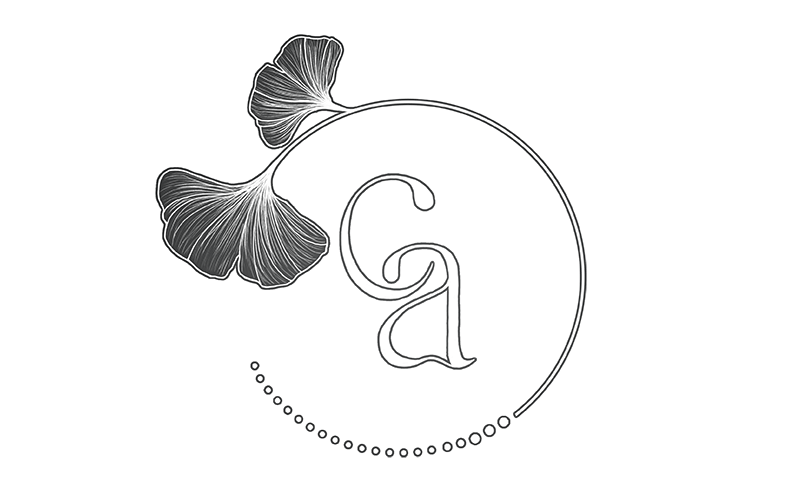Since the very start of the coaching education I understood that coaching ethics requires us to understand our spectrum of practice.
This provides trust and security for the clients and clarity in an unclear and unregulated market.
We have goals we want to reach, challenges we’re striving to overcome and times when we feel stuck. Partnering with a coach can change your life, setting you on a path to greater personal and professional fulfillment.
The person being coached can obtain skills, knowledge and new behaviors through the process of reflection and experimentation, not by being ‘’taught’’, but by discovering within.
Coaching is not about instruction, teaching or telling.
Sometimes the word mentor is used as a replacement for coach. In fact, they are distinct because the mentor is an experienced person, who passes down the knowledge and wisdom.
A consultant is often an external expert who provides solutions and advice.
In contrast to mentoring and consulting, coaching helps people find the resources and answers inside themselves and reach transformation that can be integrated as a way of life.
In comparison with psychotherapy which helps people process the events and influences from their past, coaching is present and future focused and helps putting insights into actions.
| Coach | Consultant | Mentor | Therapist | |
| Definition | Partnership to facilitate the client’s process | Expert in the field of interest | Successful people who provide their wisdom and experience | Mental health specialist |
| Activity | Guides you into finding your own solutions | Give advice | Give insight and guidance on a specific field of expertise | Assessment, diagnosis and treatment of emotional and mental health problems |
| Area of focus | Focus on the present and future | Present solutions around their area of expertise | Act as a teacher in sharing their experience | Focus on the past |
| Time span | From a few months up to a year, or longer | Short term | Usually long term, but can vary | Usually long term |
